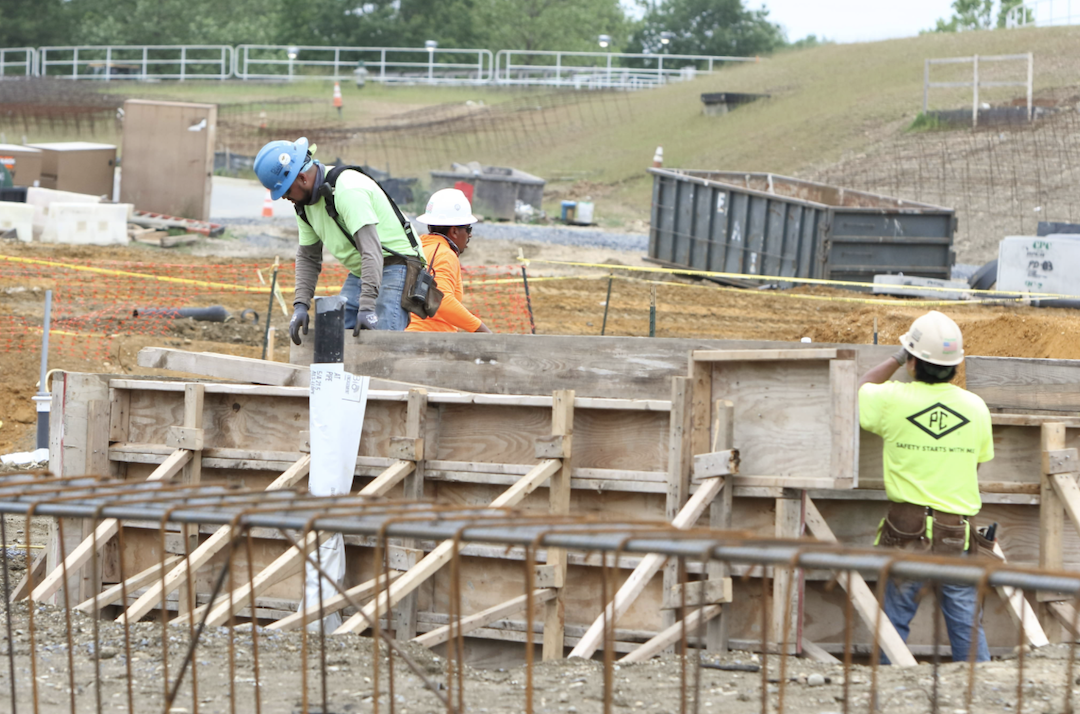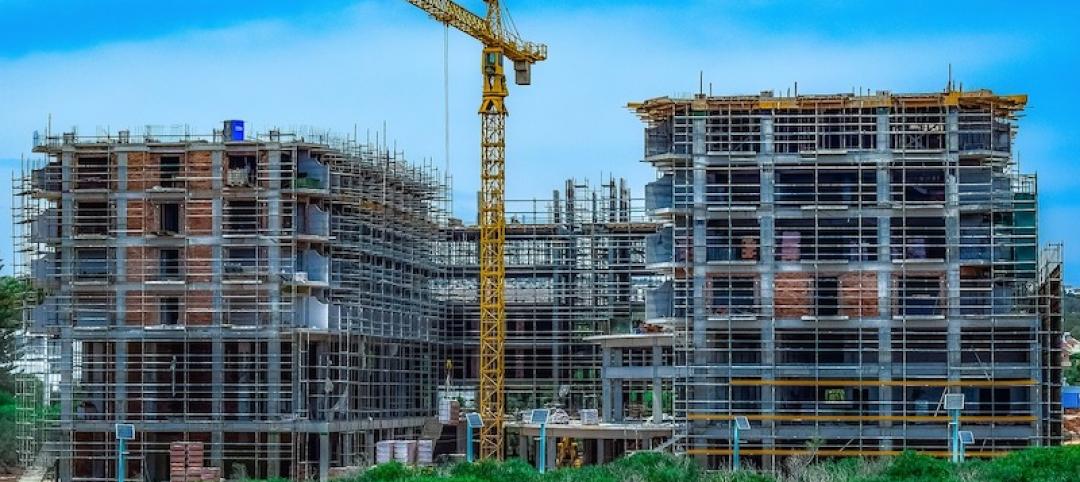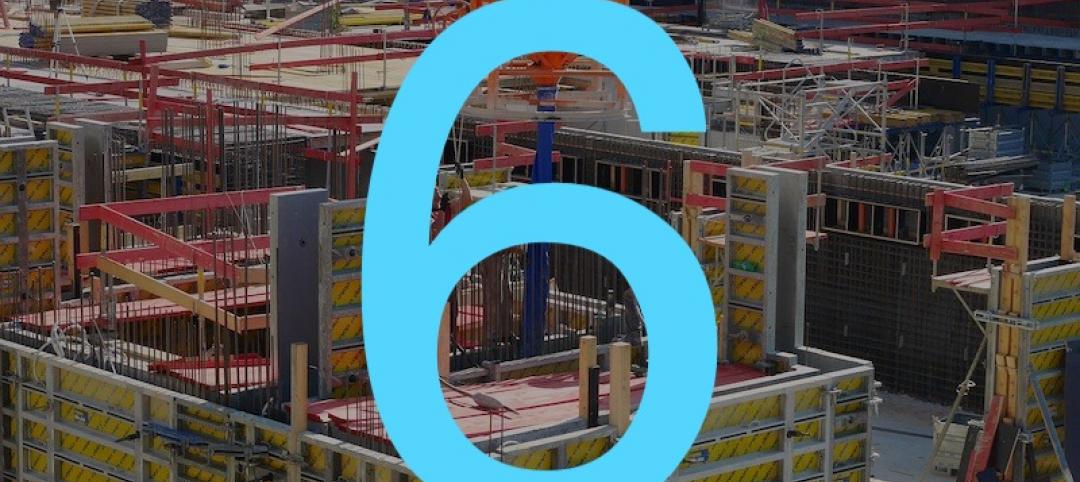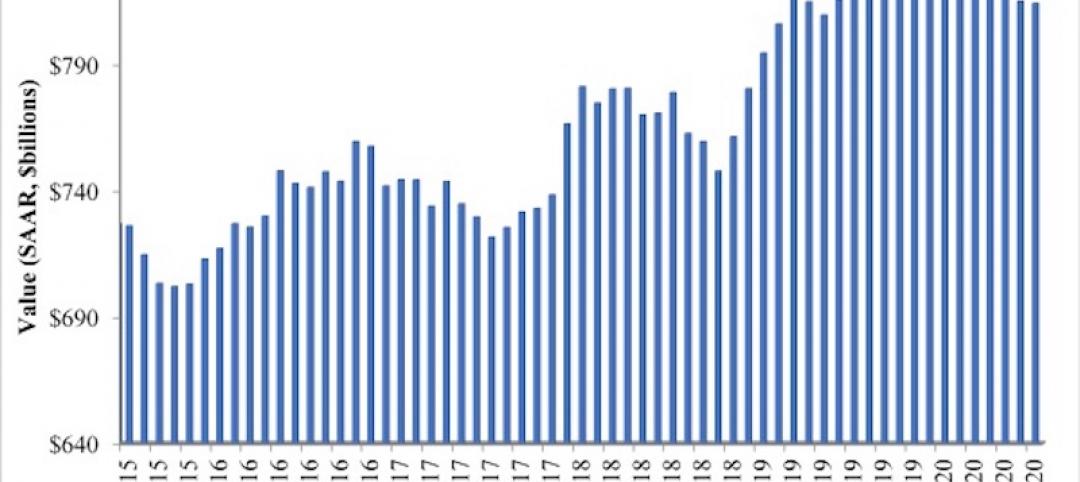Nearly one-fifth of U.S. metro areas lost construction jobs between September 2020 and September 2021, according to an analysis by the Associated General Contractors of America of government employment data released today. Association officials noted that the job losses are occurring in many metro areas as plans to boost investments in infrastructure languish in Washington and firms cope with shortages, delivery delays and construction materials price increases.
“Many metro areas are having a hard time getting back to construction employment levels from last fall that were already low because of the pandemic,” said Ken Simonson, the association’s chief economist. “The challenge is that the economic recovery for the construction industry is being undermined by Washington’s failure to boost infrastructure investments and continuing supply chain disfunction.”
Construction employment declined from a year earlier in 67 metros and held steady in 33. Nassau County-Suffolk County, N.Y. lost the most jobs (-6,000 or -8%), followed by New York City (-5,500 jobs, -4%); New Orleans-Metairie, La. (-3,100 jobs, -12%); Calvert-Charles-Prince George’s, Md. (-3,100 jobs, -9%) and Baltimore-Columbia-Towson, Md. (-2,400 jobs, -3%). The largest percentage declines were in Evansville, Ind.-Ky. (-18%, -1,800 jobs); New Orleans-Metairie; Fairbanks, Alaska (-10%, -300 jobs); Knoxville, Tenn. (-10%, -1,800 jobs); Gadsden, Ala. (-9%, -100 jobs); Calvert-Charles-Prince George's; and Victoria, Texas (-9%, -300 jobs).
Construction employment increased in 258 out of 358 metro areas over the last 12 months. Sacramento--Roseville--Arden-
Association officials urged members of Congress in the House to quickly pass an infrastructure bill that already received broad, bipartisan support in the Senate. They also encouraged the Biden administration to explore ways, like temporarily adjusting hours of service rules for drivers, to unclog shipping facilities that how more goods than drivers.
“Washington leaders have the ability to fix our supply chains now while also investing in their long-term efficiency,” said Stephen E. Sandherr, the association’s chief executive officer. “But nothing is going to get fixed with partisan talk and legislative and executive inaction.”
View the metro employment data, rankings, top 10, new highs and lows, and map.
Related Stories
Market Data | Oct 15, 2020
6 must reads for the AEC industry today: October 15, 2020
Chicago's Bank of America Tower opens and altering facilities for a post-COVID-19 world.
Market Data | Oct 14, 2020
6 must reads for the AEC industry today: October 14, 2020
Thailand's new Elephant Museum and the Art Gallery of New South Wales receives an expansion.
Market Data | Oct 13, 2020
5 must reads for the AEC industry today: October 13, 2020
Miami Beach Convention Center renovation completes and guidance offered for K-12 schools to support students with asthma.
Market Data | Oct 12, 2020
Majority of contractors fear long-term business implications of COVID-19, according to Construction Executive survey
While many contractors have not yet seen drastic impacts to their business, as construction was in many areas considered an “essential” service, the long-term implications are concerning.
Market Data | Oct 12, 2020
6 must reads for the AEC industry today: October 12, 2020
4 challenges of realizing BIM's value for an owner and Florida office property is designed for a post-Covid world.
Market Data | Oct 8, 2020
6 must reads for the AEC industry today: October 8, 2020
The first rendering of the National Medal of Honor Museum is unveiled and seven urgent changes needed to fix senior living.
Market Data | Oct 7, 2020
6 must reads for the AEC industry today: October 7, 2020
Water-filled windows' effect on energy and construction begins on PGA of America HQ.
Market Data | Oct 6, 2020
Construction sector adds 26,000 workers in September but nonresidential jobs stall
Many commercial firms experience project cancellations.
Market Data | Oct 6, 2020
6 must reads for the AEC industry today: October 6, 2020
Construction rises 1.4% in August while nonresidential construction spending falls slightly.
Market Data | Oct 5, 2020
Nonresidential construction spending falls slightly in August
Of the 16 nonresidential subcategories, nine were down on a monthly basis.

















